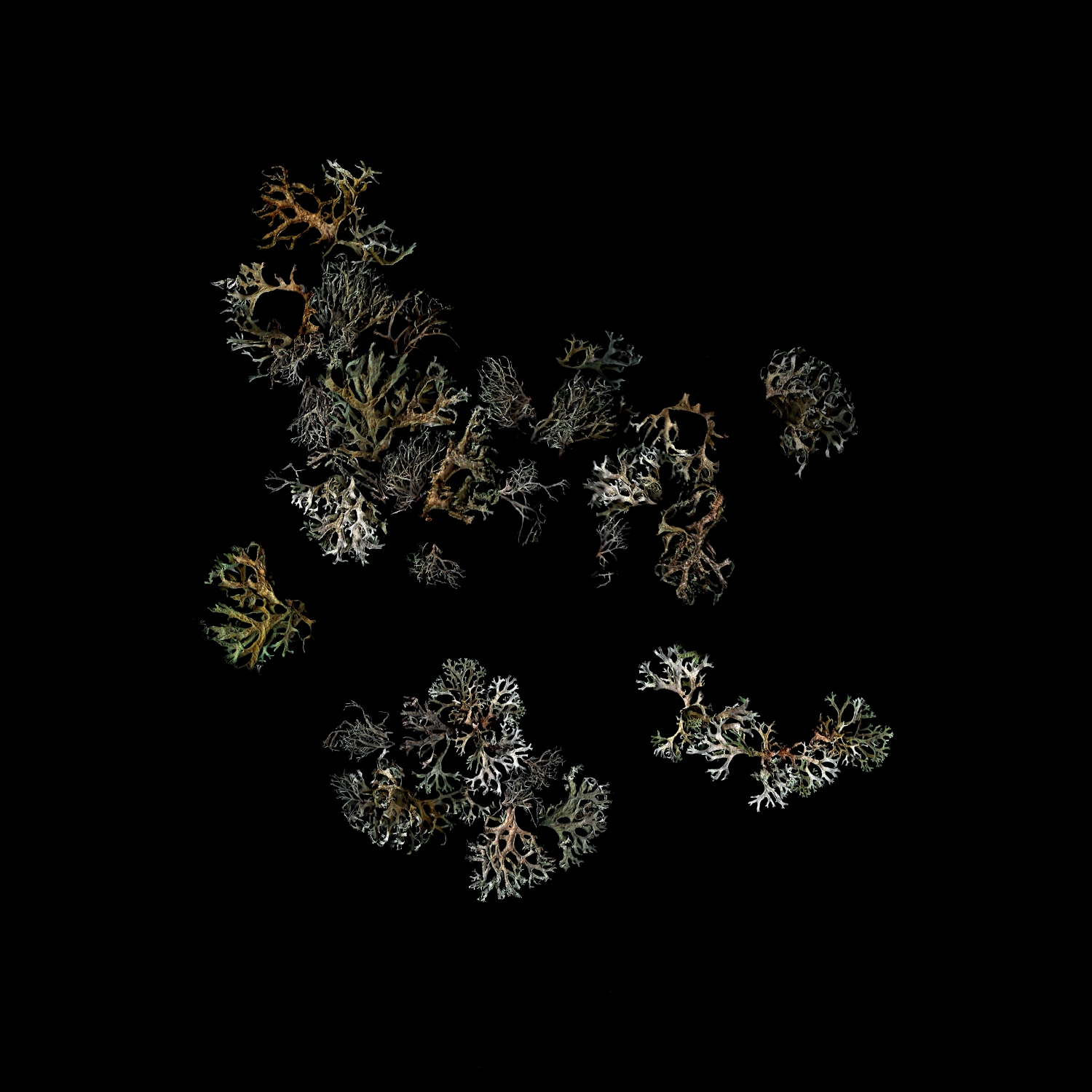On 2020’s People thought my windows were stars, London-based deathcrash segued between gossamer and abrasive sounds, singer Tiernan Banks’ vocals delicate yet strained, trepid yet mercurial. The three-track, roughly 40-minute project featured loosely delivered verses, adrenalized instrumental segments, and an elegantly lo-fi/no-fi aesthetic that alternately brought to mind Elliott Smith and Sparklehorse; Phil Elverum’s recent work under the Mount Eerie moniker; and a dsbm ethos, notably various EPs/LPs from Chicago band Sadness.
deathcrash’s full-length debut Return displays similar aesthetic principles. With this sequence, however, the band seems committed to establishing a more streamlined sound or sonic brand and, as a result, occasionally lapses into formula. That said, Return is largely successful, a timely project characterized by controlled cynicism and cautious vulnerability. The album encapsulates the brutal reality of loneliness while reminding us that hope, fragile as it may be, can indeed serve as a loyal guide.
The project launches with “Sundown”, languid strums offset by “Creep”-era guitar blasts. Around the five-minute mark, Banks’ and Matthew Weinberger’s guitars flare and dissolve – cohering, disjoining, recohering. In terms of vocal delivery, Banks has clearly been inspired over the past year or so by the spoken-word stylistics of Slint and their protégés Black Country, New Road, with whom deathcrash toured in 2020. As such, Banks embraces a half-spoken, half-sung mumble-drone, his voice slurring as wiry guitars slice across the sonic field.
With “Unwind”, Banks fully surrenders to the spoken-word MO. As the track unfolds, and guitars, bass, and drums are more assertively expressed, one detects echoes of Mogwai’s late-90s/early 00s space-rock/slowcore ventures. On “Wrestle with Jimmy”, Banks again revels in spoken-word melancholia while midway the band veers into a metallic segment, the transition reminiscent of the abovementioned Sadness’ signature pivots from celestial tripscapes to overdriven rage-fests (granted, deathcrash’s take on metal is doomier and less overtly aggressive than Sadness’). “Matt’s Song”, on the other hand, is a concise and atmospheric interlude that recalls the sonic diarism of claire rousay’s A Softer Focus or Drab City’s debut Good Songs for Bad People. A folksy guitar shimmers as conversation flutters in the background, conjuring the ephemerality of human affairs.
The nine-minute “Doomcrash” is the album’s centerpiece, exemplifying the band’s compositional talents and strategically curated eclecticism. Opening with a slacker strum and organic flow of ambient sounds, the track is painstakingly constructed. Noah Bennett’s drums noticeably lag while Banks drawls his syllables like a trauma survivor staving off a panic attack. Think sadcore on Oxy. As the track progresses, however, the band again launch into a more stentorian foray; i.e. add several cups of well-sugared Black Label coffee. Throughout the track, they wend between introversion and extroversion, repressed volatility and catharsis. In this way, “Doomcrash” showcases the band’s gift for paradoxical sonic vignettes, pieces that brim with sorrow, rupture, and loss … as well as possibility.
Even if Return seems more self-consciously matrixed than previous work; and, as a result, at times unnecessarily reiterative, there’s a sublime and transcendent beauty that persistently emanates from these tracks. Imagine dying in a sunny room while on the other side of a wall, inches away, spring explodes. You reach for a yellow bloom …. Listening to Return is like passing through a shadowy bardo, a faint light glowing in the distance.

